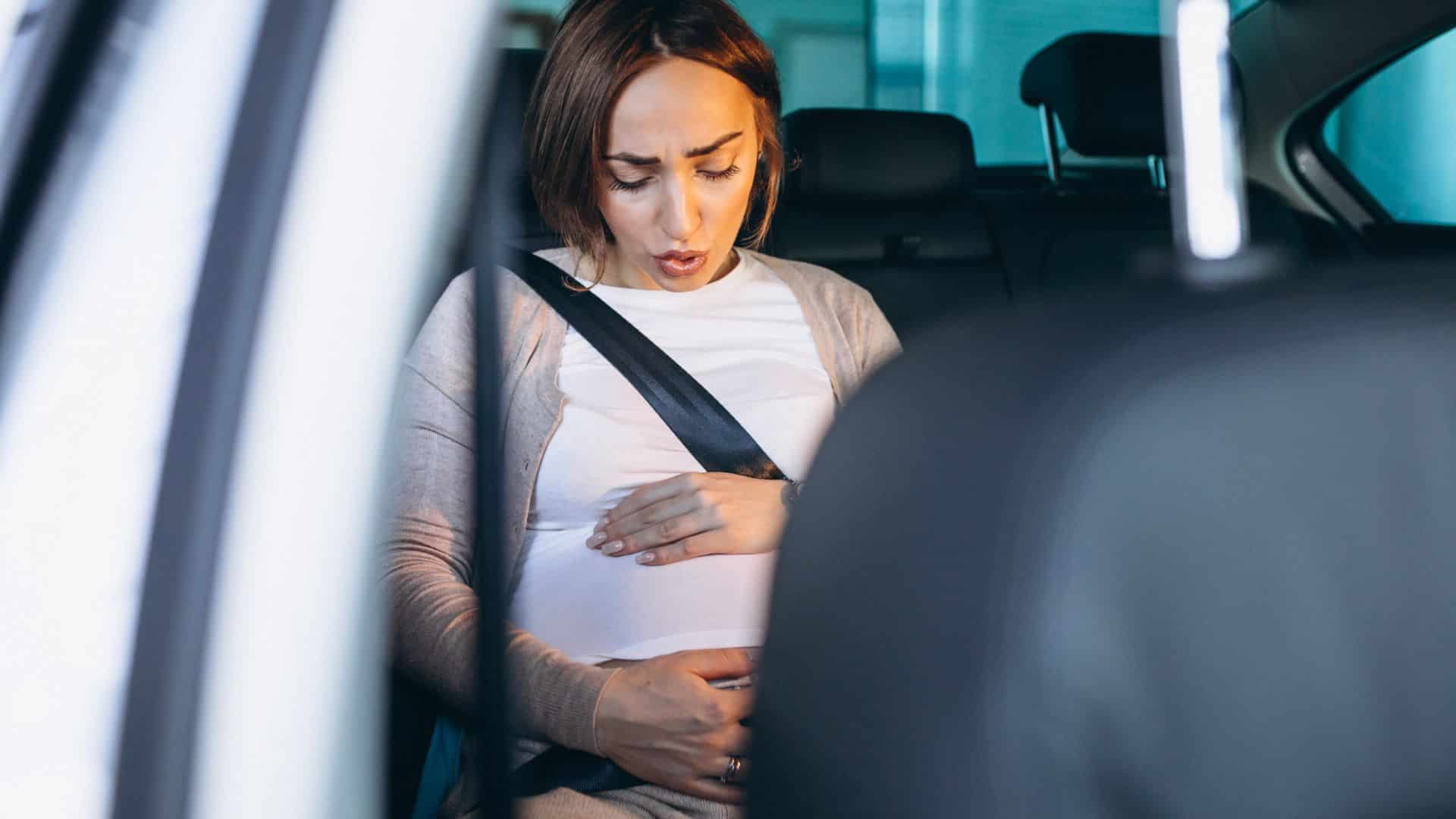The nine months of pregnancy should be happy as you wait for the arrival of your baby. However, a car accident can put a sudden and tragic stop to your joy.
If you’re involved in a car accident that results in the death of your unborn child, you should consider taking legal action for your harm and losses. A qualified personal injury lawyer can help get you through the physical, mental, and emotional turbulence and work toward the fair outcome you deserve.
After a collision leading to fetal death, count on the car accident attorneys at The Joel Bieber Firm.
Effects of Car Accidents on Pregnancy
There is a reason people are so attentive around pregnant women. Expectant mothers should be careful of what they do, where they go, and even what they eat. Any sort of trauma to the body during pregnancy can have life-altering effects on both babies and mothers.
That’s why car accidents involving pregnant women are so dangerous. An accident can result in any of the following conditions.
Premature Labor
Premature labor, or preterm labor, involves going into labor before your body and the baby are ready. Labor is considered premature if it happens at least three weeks before your due date.
The body can go into preterm labor for a variety of reasons, one of them being stress. When the body and mind are overwhelmed, it can cause you to go into labor too soon. This is one of the reasons doctors emphasize the importance of keeping stress levels low during pregnancy.
Common signs of premature labor include:
- Contractions
- Significant lower backaches
- Cramping
- Leaking fluid
- Bleeding
Preterm labor can substantially affect a baby. Not only do many premature babies suffer health complications, but they’re also at risk for death. When a baby is born earlier than they should be, they’re often underweight and underdeveloped. If a baby is born too prematurely, he or she may not have a good enough chance of survival.
Fetal Distress
Fetal distress is a condition where the fetus begins to show signs of distress in the womb. It typically occurs when the fetus is not receiving adequate oxygen. For this reason, it’s often referred to as birth asphyxia.
Signs of fetal distress can include:
- Less fetal movement for an extended period of time
- Cramping
- Low amniotic fluid
- Changes in fetal heart rate
Because the baby is receiving minimal oxygen while in distress, they are at risk for brain damage and death.
Placental Abruption

The placenta plays a vital role in pregnancy. During pregnancy, the placenta develops and attaches to the uterine wall, helping supply the baby with oxygen and nutrients.
When placental abruption occurs, the placenta partially or completely detaches from the uterine wall. This can disrupt the baby’s oxygen supply and cause excessive bleeding for the mother.
Placental abruption can happen any time after 20 weeks of pregnancy, but most often after 30 weeks. Signs you may be suffering from placental abruption include:
- Abdominal pain
- Bleeding
- Back pain
- Uterine contractions
- Uterine tenderness
- Decreased fetal movement
Placental abruption is often caused by trauma or injury to the abdominal area. It can cause fetal death for babies and also greatly affect a mother’s well-being.
Uterine Rupture
The uterus is incredibly important during pregnancy, as it houses and grows your baby. A uterine rupture is a severe complication causing the uterus to tear or break open. This rupture can either be complete or incomplete.
Common signs of uterine rupture include:
- Fetal distress
- Severe abdominal pain
- Low blood pressure for the mother
- Bleeding
- Contractions
- Labor slowing down or stopping entirely
When a uterine rupture occurs, physicians must act quickly to save the baby. Complications arise when the rupture is not noticeable right away. Unfortunately, if treatment is not administered in time, fetal death can occur.
Maternal Shock
Because car accidents are often traumatic events, pregnant mothers are at risk of going into maternal shock.
Maternal shock, also called hypovolemic shock, occurs when the blood supply is low, causing inadequate oxygenation to tissues. In turn, this can induce fetal distress.
When mothers experience maternal shock, fetal mortality rates are high — usually over 80%.
Fetal Trauma
The fetus itself can suffer direct trauma in a car accident. Direct fetal trauma is typically caused by a significant blow to the abdomen. The injury usually involves head trauma, which could result in fetal death.
Direct fetal trauma is less common because the womb provides support and protection. However, in particularly severe collisions, the risk of fetal trauma increases.
Lawsuits for Fetal Death After a Collision
When an individual passes away as a result of someone else’s negligence or intentional acts, the victim’s family may be eligible to file a wrongful death lawsuit. This usually includes fetal death in car accidents as well.
Most states look at fetuses as they would any other victim. However, some states allow mothers to file wrongful death lawsuits for fetal death only after a certain time, usually later in the pregnancy — like 20 or more weeks.
If you experience fetal death in a car accident and you need options for legal recourse, it’s best to discuss your situation with an experienced car accident lawyer.
The Joel Bieber Firm Is Here for You
The legal team at The Joel Bieber Firm understands the heartbreak and trauma of losing an unborn child. While money cannot reverse time, it can help you deal with some of the financial burdens you’ll undoubtedly face.
We can provide the care and compassion you need during your most trying time while we fight aggressively for your right to favorable compensation.
The Joel Bieber Firm is ready to give you the legal guidance you need. Contact one of our offices today to schedule an initial consultation.
Interesting Reads:
An Update on Hair Straightener Uterine Cancer Lawsuits

